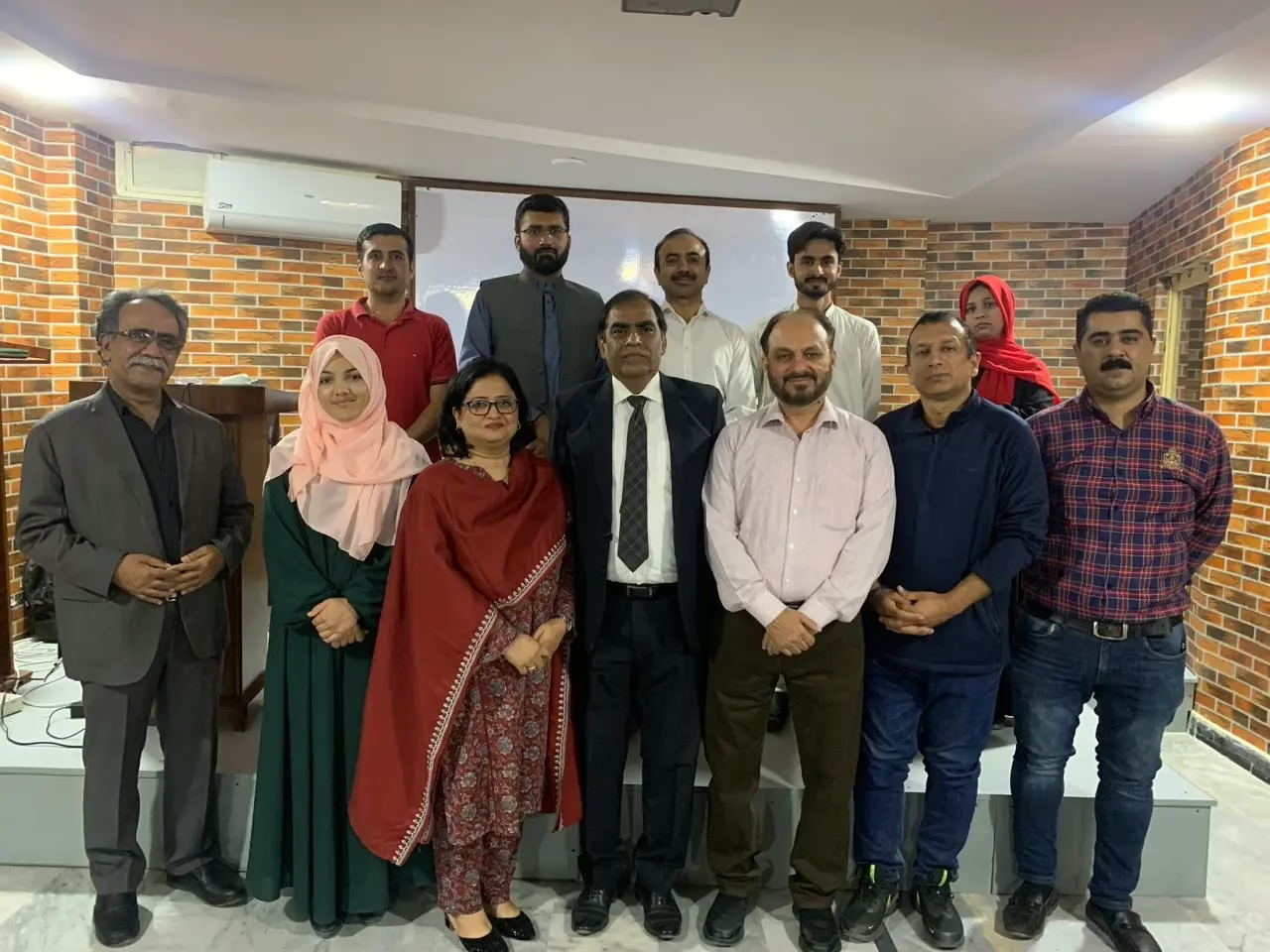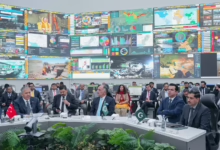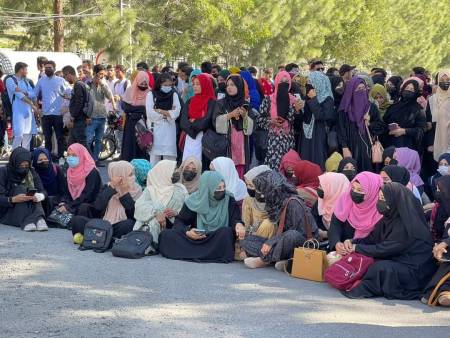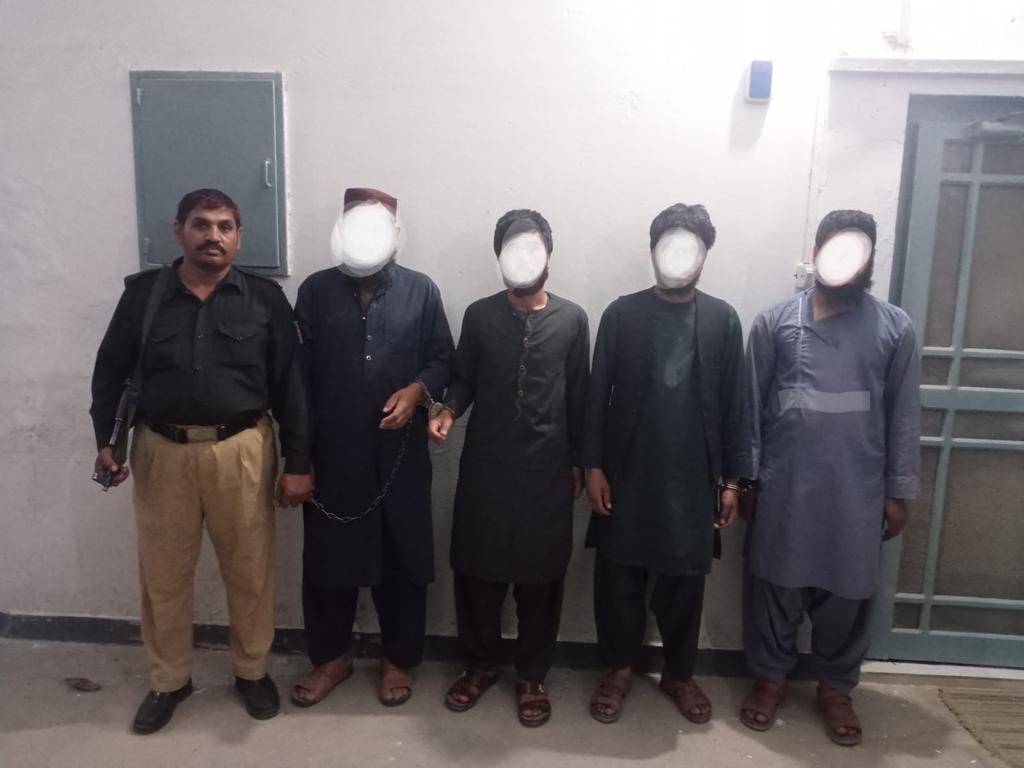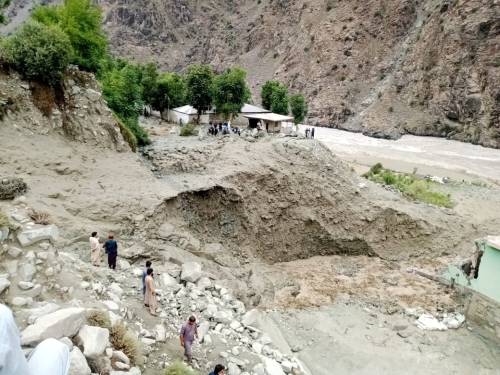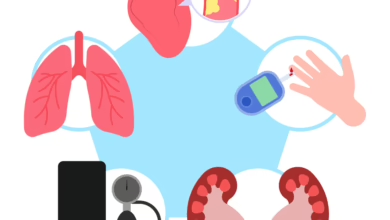A two-day national training workshop on “Environmental and Disaster Journalism” concluded on Sunday at the CSS Institute, Islamabad. The workshop, organized by ProtectEarth Consultants in collaboration with The CSS Institute, Momentum Development Foundation, and Resilient Future International, brought together senior media professionals, government representatives, academics, and emerging journalists from across Pakistan to strengthen responsible environmental and disaster reporting practices.
The event, held on November 1–2, 2025, aimed to equip journalists with critical knowledge and field-based skills to report effectively on disasters, environmental degradation, and climate change — issues increasingly affecting communities across Pakistan.
The workshop was inaugurated by His Excellency Dr. Ahmed Ali Sirohey, Director General, Crisis Management Unit, Ministry of Foreign Affairs, Government of Pakistan, who served as the Chief Guest. In his keynote address, Dr. Sirohey emphasized that climate-induced disasters are reshaping the global security and humanitarian landscape. He also introduced his latest publication, “Networks of Power: From Sindh to Silicon Valley”, highlighting the evolving global networks of governance and technology in addressing crises.
In his welcome address, Mr. Muhammad Azmat Qazi, Chief Executive of ProtectEarth Consultants, shared personal experiences of reporting from flood-affected areas of Sindh and Balochistan. Reflecting on his collaboration with international journalist Gideon Mendel (The Guardian, UK), Qazi discussed how local journalists can improve crisis coverage and serve as first responders of truth. His presentation, “Learning for Environmental and Disaster Journalists”, illustrated the real-life distinctions between natural disasters, emergencies, and first response dynamics.
Day 1 also featured technical sessions by Dr. Zaigham Abbas, Director, Pakistan Environmental Protection Agency, Ministry of Climate Change and Environmental Coordination, who spoke on “Plastic and Air Pollution, and Water Treatment Technologies”. He also shared that how marine life is being effected by plastic garbage and thrown away fishing nests, and Mr. Ali Jabir Malik, President, Environmental Journalists Forum (EJF), who discussed “Environmental and Disaster Reporting amid Intensifying Climate Catastrophes.”. Mr. Ali emphasized on pre-training of each environmental and disaster journalist as they could visit the disaster hit areas with emotional stability and complete knowledge of dealing with disheartening situations.
The sessions emphasized the urgent need for ethical, data-driven, and scientifically literate environmental reporting in Pakistan’s mainstream media.
Day 2 of the workshop focused on reflection, forward planning, and sociological dimensions of climate communication. Mr. Aftab Alam Khan, CEO, Resilient Future International, discussed “The Challenges and Opportunities in Climate Change and Journalists”. Mr. Khan discussed various approaches which could be adopted to mitigate challenges in Environmental and Disaster Journalism. His session was full of experience based wisdom. The interactive session extended opportunities to the participants to ask questions. Mr. Khan responded to each question in detail and clarified with examples.
Ms. Romana Jabeen, Sociologist at the University of Karachi, highlighted “Narrating Vulnerability: Sociological Insights for Environmental and Disaster Journalism.” Ms. Jabeen focused on how to save the vulnerable and each must consider that no one should be left behind. Her session proved very relevant and pertinent to humanistic approach.
In the concluding session, Mr. Muhammad Azmat Qazi outlined the “Future Plan of Action for 2026”, urging participants to focus on preventive journalism and early warning communication before disasters strike again. He stressed that “responsible environmental journalism is not just about facts — it is about saving lives.” Mr. Qazi also shared that a series of workshops are under consideration and the next workshop shall be held in Karachi with our partner organizations.
The workshop concluded with closing remarks by distinguished guests and a certificate awarding ceremony, recognizing over 70 participants, including students, reporters, and media professionals.
The Momentum Development Foundation, as the Media and Technology Partner, globally live-streamed the event, ensuring online access and e-certificates for international participants. All sessions will remain available as open-source resources on YouTube to support continued learning in climate journalism.
The workshop reaffirmed Pakistan’s growing recognition that journalists play a crucial role in shaping public understanding of climate change, disaster risk, and environmental policy — making informed, empathetic reporting an essential part of the nation’s resilience strategy.

